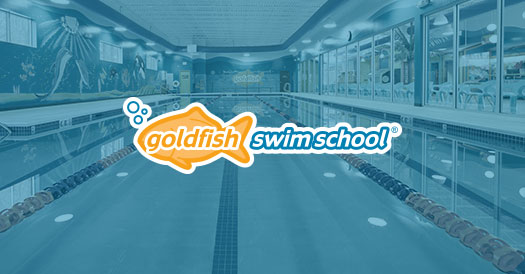Should My Child Wear Goggles While Swimming?

Pros & Cons of Wearing Goggles
For children who spend a lot of time in the pool or around water, goggles are an indispensable accessory. They offer many advantages that help swimmers to thrive. At the same time, its important to recognize that not wearing goggles is also sometimes a good idea. We will explore why its good to wear goggles most of the time, but not all the time.
The Value of Wearing Goggles While Swimming
Should children wear goggles while swimming?
Yes.
- Goggles offer protection from things like eye infections, irritation, and discomfort.
- They are also useful for learning how to swim.
Goggles Can Protect Your Eyes
Anytime you swim in a pool (or open water) with your eyes open, you are exposing your eyes to any chemicals or contaminants in the water.
- If you swim for a long time in chlorinated water, you may begin to feel irritation in your eyes.
- Eyes that experience overexposure to chlorinated water will show redness, itching, and teariness.
- Chlorine does a great job of deactivating contaminants in a pool. But it is still possible to get pinkeye from chlorine. Sometimes, this happens when chlorine binds to bodily fluids. (Yes, gross.)
- Its also possible to get an eye infection from swimming in freshwater that is contaminated.
So whats the good news?
Swimming with goggles can help prevent all these things from happening.

Goggles Can Help You Learn to Swim
Many swim instructors encourage the use of swim goggles when teaching kids to swim. This is because there are several benefits to wearing goggles when learning to swim.
Here are a few reasons why goggles are a great learning aid:
- Submerging: For kids who are afraid to dunk their head underwater, goggles can make this a little less scary.
- Less Distraction: Getting water in your eyes when you are learning to swim can be very demotivating. Eliminating this source of frustration can make learning faster and easier.
- Improving Form: Some young swimmers find it valuable to see how their bodies are moving underwater. This can help them concentrate on improving their form.
Why Children Need to Swim Without Goggles
Even though there are many ways your child can benefit from goggles, there are still times when its good not to wear them.
Children Need to Gain Familiarity with Water in the Eyes
Swimmers need to know how water feels in the eyes.
Since most kids will not like how it feels, its essential that they take some steps toward overcoming their fear or discomfort.
The worst thing that could happen would be a child panicking if they end up underwater without goggles on.
Young Swimmers Need to Know That Its Possible to See Underwater
Kids who are over-reliant on goggles may not realize that they have the option to open their eyes underwater if they need to.
If a child falls into water without goggles, they may be tempted to keep their eyes tightly shut. Overcoming this reflex is necessary so that swimmers can find their way to safety.
Learning to Swim Should Take Place With & Without Goggles
Overall, its generally a smart idea to wear goggles in the pool. But, its also important to learn how to handle water environments and swimming without them.
If you want your child to advance their swimming skill or begin swimming for the first time, Goldfish Swim School has classes for every skill level. Check out our locations page to find a school near you!
